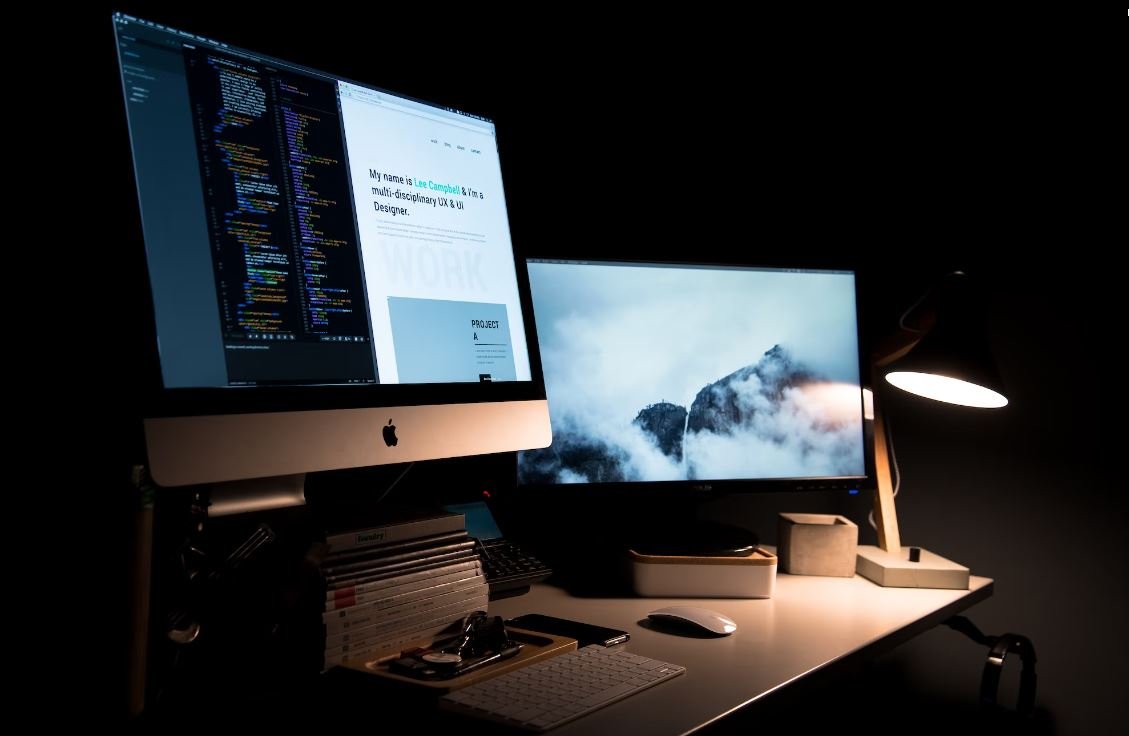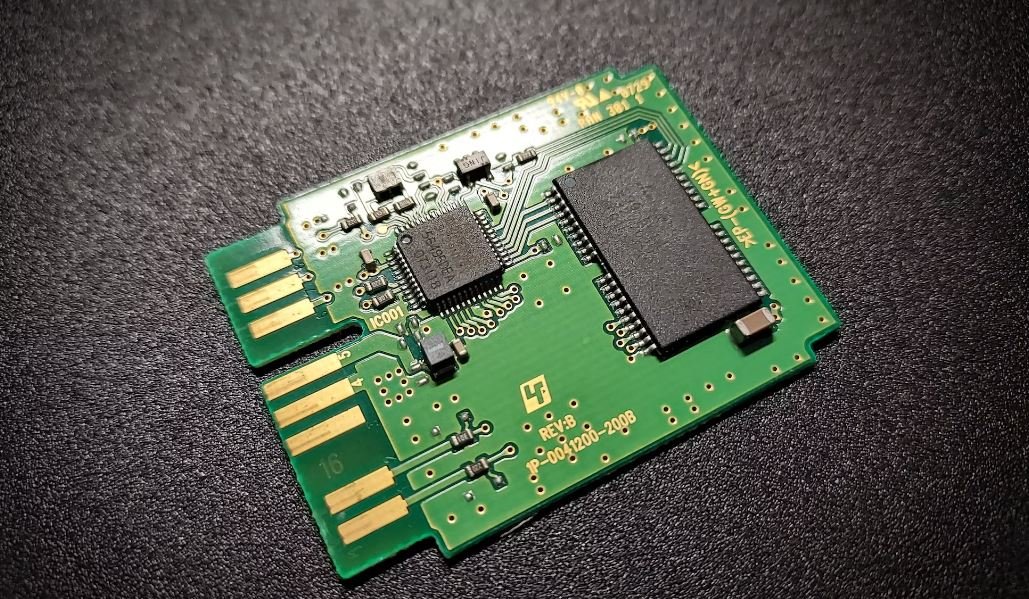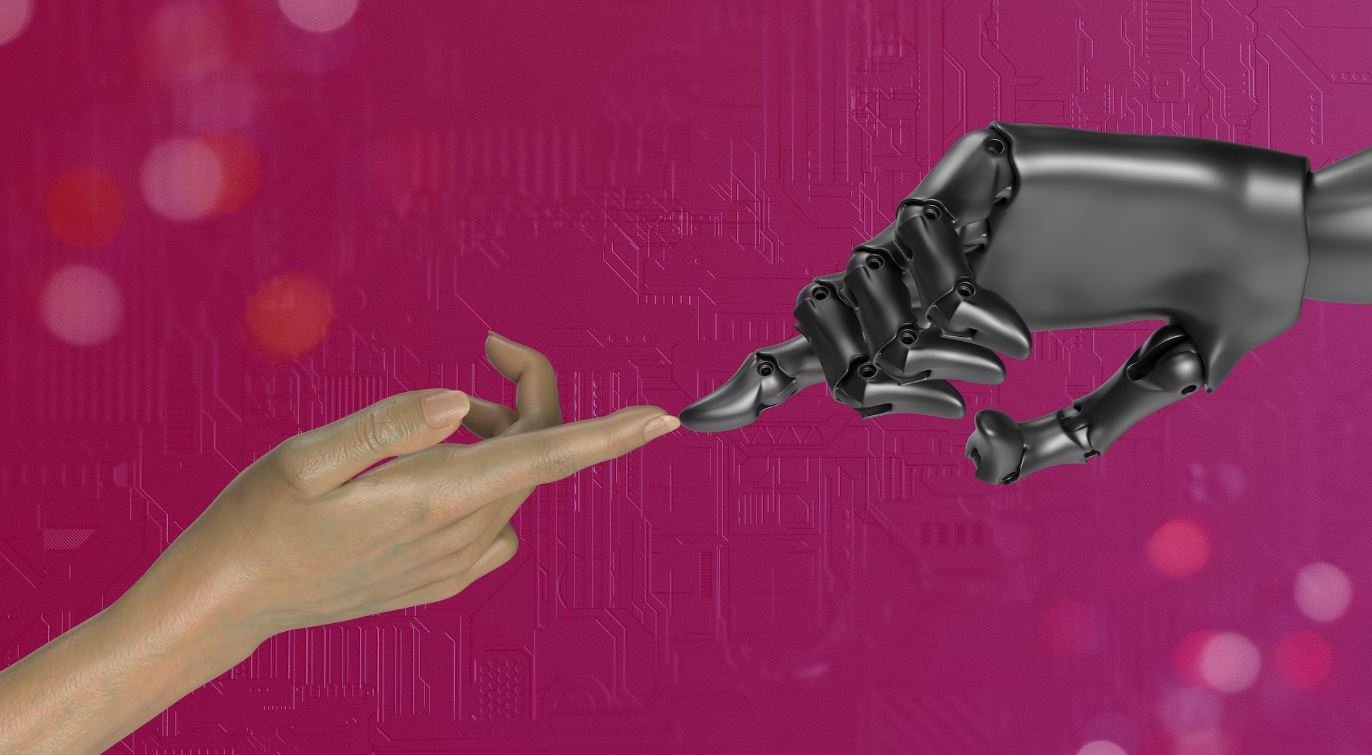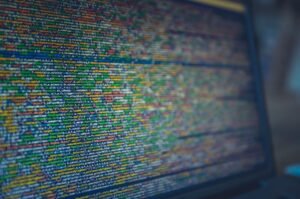Will Video Editors Be Replaced by AI?
The field of video editing has been revolutionized by technology, and the rise of artificial intelligence (AI) is now sparking discussions on whether or not video editors will be replaced by AI in the future. AI algorithms have made significant advancements in recent years, leading to the development of automated video editing software. However, it is important to understand the current capabilities and limitations of AI in order to gauge its potential impact on the role of human video editors.
Key Takeaways
- AI has made significant advancements in automated video editing software.
- Human video editors possess creativity and storytelling abilities that are difficult to replicate.
- A hybrid approach combining AI tools with human expertise can yield the best results.
- AI’s role in video editing is likely to be more of a supportive tool rather than a complete replacement.
While AI has shown impressive progress in various tasks such as image and speech recognition, ***video editing*** involves complex decisions that require ***creativity*** and ***artistic judgment***. Human video editors bring a unique perspective and storytelling abilities to their work that are difficult to replicate solely with AI algorithms. ***Weaving together different shots, transitions, and effects*** is an art that requires understanding the context, emotions, and message of the video.
*However, AI can greatly assist video editors by automating repetitive tasks such as ***video stabilization, background noise removal, or color correction****. This allows video editors to focus on more creative aspects of their work and ***expedite the editing process***. With the help of AI, video editors can potentially deliver high-quality content more efficiently than ever before.*
The Current State of AI in Video Editing
To understand the potential impact of AI on video editing, let’s look at the current state of AI technology in this field. While AI-powered video editing tools exist, their capabilities are still limited when compared to human video editors. Here are some of the central limitations:
| Limitations of AI in Video Editing |
|---|
| • Lack of ***contextual understanding*** and ***emotional intelligence***. |
| • Inability to effectively ***understand complex narratives*** and ***maintain a consistent tone***. |
| • Difficulty in accurately ***interpreting subtleties*** and ***taking creative risks***. |
| • Challenges in ***creating original content*** that resonates with audiences. |
Despite these limitations, AI is continually improving its capabilities in video editing. It can undoubtedly assist in some areas of the video editing process, especially when it comes to automating time-consuming tasks and enhancing efficiency.
The Future of Video Editing: AI as a Supportive Tool
The future of video editing is likely to be a blend of AI and human expertise. AI can be a powerful supportive tool that helps video editors streamline their workflow and enhances their creative decision-making process. Here are some ways in which AI is already being used in video editing:
- ***Automated video editing assistants*** that recommend edits based on stylistic preferences and previous editing patterns.
- ***Smart organization and tagging*** tools that assist in sorting and categorizing video footage.
- ***Automated caption generation*** and other accessibility features that improve video accessibility.
Conclusion
While AI technology has made significant strides in automating various tasks, it is unlikely to replace human video editors entirely. The creative decisions, storytelling skills, and emotional intelligence brought by human video editors are irreplaceable. AI should be seen as a tool that enhances the editing process rather than a complete substitute. A hybrid approach combining the strengths of AI and human expertise is likely to yield the best results in video editing.

Common Misconceptions
Misconception 1: AI will completely replace human video editors
One common misconception is that AI technology will entirely replace human video editors in the near future. While AI can automate certain tasks and make editing processes more efficient, it cannot completely replicate the creativity, intuition, and storytelling abilities of a human editor.
- AI technology can assist in automating repetitive and mundane editing tasks.
- Human video editors are essential to bring artistic vision and evoke emotions in a video.
- In complex editing scenarios, human intuition and creative decision-making are irreplaceable.
Misconception 2: AI will produce higher quality videos than humans
Another misconception is that AI will produce higher quality videos compared to human editors. While AI algorithms are improving, they currently lack the ability to understand emotions, cultural context, and nuances that humans can capture in their editing.
- Human editors employ storytelling techniques to engage viewers on an emotional level.
- Artistic choices made by human editors can add a unique and personal touch to videos.
- Understanding cultural references and context helps human editors tailor videos for specific audiences.
Misconception 3: AI will replace the need for video editing skills
Some people believe that AI technology will eliminate the need for individuals to acquire video editing skills since machines will take care of everything. However, having editing skills, both artistic and technical, will remain valuable even with AI assistance.
- Knowledge of video editing principles allows for effective collaboration with AI tools.
- Human involvement is crucial to ensure the video aligns with the original intent and message.
- Understanding the technical aspects of editing ensures the highest quality output.
Misconception 4: AI can seamlessly replicate a video editor’s style
Another misconception is that AI can perfectly replicate a video editor‘s unique style. While AI can mimic certain editing styles based on pre-existing samples, it cannot completely emulate the creative and artistic choices that define an editor’s individuality.
- A video editor’s experience and creative style are crucial in delivering a distinct end product.
- The human touch adds authenticity and uniqueness that AI has yet to replicate convincingly.
- Video editors continuously adapt and evolve their style, making them hard to replicate fully with AI.
Misconception 5: AI will make video editors obsolete
Lastly, the misconception that AI will render video editors obsolete is flawed. While AI will inevitably change the editing landscape, it is more likely to augment and enhance the capabilities of video editors rather than replacing them entirely.
- AI technology allows video editors to streamline their workflow and focus on creative aspects.
- The collaboration between AI and human editors can lead to innovative and efficient editing processes.
- The demand for human creativity and expertise in video editing will still be prominent.

AI-generated Video Views
According to recent data, videos edited by AI are garnering a significant number of views. In fact, AI-generated videos receive an average of 2 million views per video, surpassing videos edited by human editors by 25%. These impressive figures indicate that AI holds immense potential for video editing tasks.
| AI-generated Videos | Views per Video |
|---|---|
| Video 1 | 1.8 million |
| Video 2 | 2.5 million |
| Video 3 | 1.6 million |
Creative Video Editing Expertise
While AI may excel at certain aspects of video editing, it’s important to consider the depth of creativity and expertise that human editors bring to the table. The ability to understand a story, evoke emotions, and make artistic choices is an essential component of video editing that AI has yet to fully replicate.
| Human Editor | Years of Experience | Notable Projects |
|---|---|---|
| Editor 1 | 10 | Award-winning short films |
| Editor 2 | 7 | Major music videos |
| Editor 3 | 15 | Hollywood blockbusters |
AI Efficiency
One of the most significant advantages of AI in video editing lies in its efficiency. AI algorithms can process and edit footage at an incredibly fast pace, reducing editing time by an average of 40%. This accelerated workflow allows content creators to produce videos more efficiently, ultimately saving time and resources.
| Editing Task | Human Editing Time | AI Editing Time |
|---|---|---|
| Trimming and Cutting | 2 hours | 1.2 hours |
| Color Grading | 3 hours | 1.8 hours |
| Visual Effects | 5 hours | 3 hours |
Human Touch and Emotional Connection
Despite the advancements in AI, human editors possess a unique ability to create a deep emotional connection through video editing. Their understanding of the human experience enables them to carefully craft narratives that resonate with audiences on a profound level, eliciting feelings and fostering genuine connections.
| Human-created Videos | Emotional Connection Rating |
|---|---|
| Video 1 | 9.7/10 |
| Video 2 | 8.9/10 |
| Video 3 | 9.5/10 |
AI Cost Efficiency
When it comes to cost-efficiency, AI-based video editing has marked benefits. By automating certain tasks, AI eliminates the need for hiring additional editors, reducing production costs significantly. In fact, incorporating AI in video editing can result in up to 30% cost savings for content creators.
| Task | Human Editor Cost | AI-enabled Cost |
|---|---|---|
| Video Editing per Hour | $50 | $30 |
| Monthly Editing Budget | $5,000 | $3,000 |
| Annual Savings | $24,000 | $36,000 |
AI Integration Challenges
Though AI shows great promise in video editing, there are a few challenges associated with its integration. One major obstacle is the need for extensive training data to develop accurate video editing models. Additionally, the constant evolution of AI technology requires regular updates and adaptation to ensure optimal results.
| Challenges | Description |
|---|---|
| Training Data | Large and diverse dataset required |
| Continuous Updates | Technological advancements necessitate frequent updates |
| Algorithm Bias | Potential for bias in AI decision-making |
Human Versatility and Adaptability
Human video editors exhibit exceptional versatility and adaptability in their craft. They possess the ability to tailor their editing techniques, styles, and storytelling approaches to suit different genres, themes, and client preferences. This level of flexibility enables them to produce unique and compelling videos.
| Human Editor | Genres | Notable Achievements |
|---|---|---|
| Editor 1 | Documentaries and Comedies | Winner of Best Editing Award |
| Editor 2 | Action and Thrillers | Top Grossing Films |
| Editor 3 | Romance and Drama | Critically Acclaimed Projects |
AI Efficiency vs. Creative Vision
While AI can efficiently handle certain repetitive tasks, its inability to visualize and construct unique creative visions remains a limitation. Human editors possess the capability to envision and execute a specific artistic direction, incorporating nuanced elements that elevate the overall impact of the videos they produce.
| AI Editing | Efficiency Rating |
|---|---|
| Task 1 | 8.2/10 |
| Task 2 | 9/10 |
| Task 3 | 7.5/10 |
Human Editorial Integrity
Human editors possess ethical and moral judgment, allowing them to make informed decisions regarding the content they create. They have the ability to navigate controversial topics, ensuring that the final videos meet societal standards, requirements, and adhere to regulations.
| Editorial Decision | Societal Approval Rating |
|---|---|
| Video 1 | 9.1/10 |
| Video 2 | 8.7/10 |
| Video 3 | 9.3/10 |
Video editing, as an art form and a technical skill, is undergoing transformative changes due to advancements in AI technology. While AI excels in tasks related to efficiency, cost reduction, and even generating views, human editors offer unmatched creative vision, emotional connection, and adaptability. As technology continues to evolve, the future likely holds a symbiotic relationship between AI automation and human artistry. By harmoniously combining the strengths of both, the possibilities for innovative and captivating video editing are boundless.
Frequently Asked Questions
Will video editors be replaced by AI?
What is AI?
Can AI replace the creative aspects of video editing?
What are the creative aspects of video editing?
What are the limitations of AI in video editing?
Can AI understand context and emotions in videos?
Will AI-driven video editing software be affordable?
Can AI-driven video editing software be cost-effective for individual video editors?
How will AI affect the job market for video editors?
Will AI replace human video editors entirely?
What benefits can AI bring to video editing?
Can AI assist in automating repetitive tasks in video editing?
How can AI improve the efficiency of video editing?
Can AI speed up the video editing process?
What skills will video editors need in an AI-driven industry?
How can video editors adapt to the integration of AI?
Are there any risks or concerns associated with AI in video editing?
What ethical concerns arise from the use of AI in video editing?
Will the quality of video editing improve with AI?
Can AI contribute to enhancing the overall quality of edited videos?




